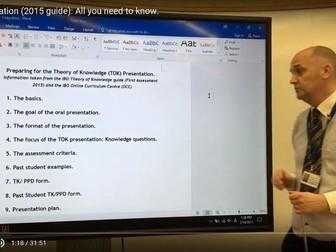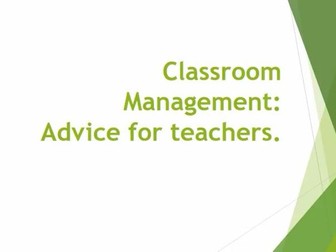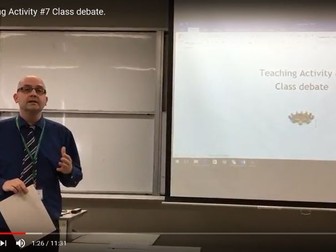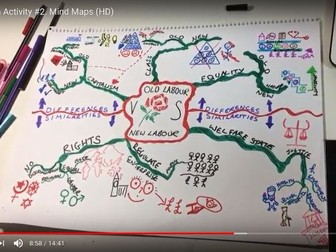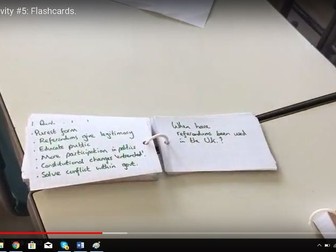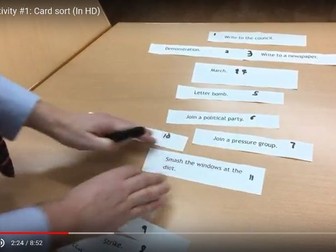125 Gifted and Talented Activities.
These tasks are designed to challenge Gifted and Talented students. They are designed to extra curricular work that challenges their thinking skills. I hold an awards evening at the end of the school year based on these tasks where they are displayed in the school hall and students give a presentation on their work to parents and and teachers.<br />
<br />
Some tasks are based on school curriculum subjects while others are based on the higher level thinking of Bloom`s Taxonomy--Analysis, Evlauation and Synthesis.<br />
<br />
The tasks can be edited to suit your local community.
